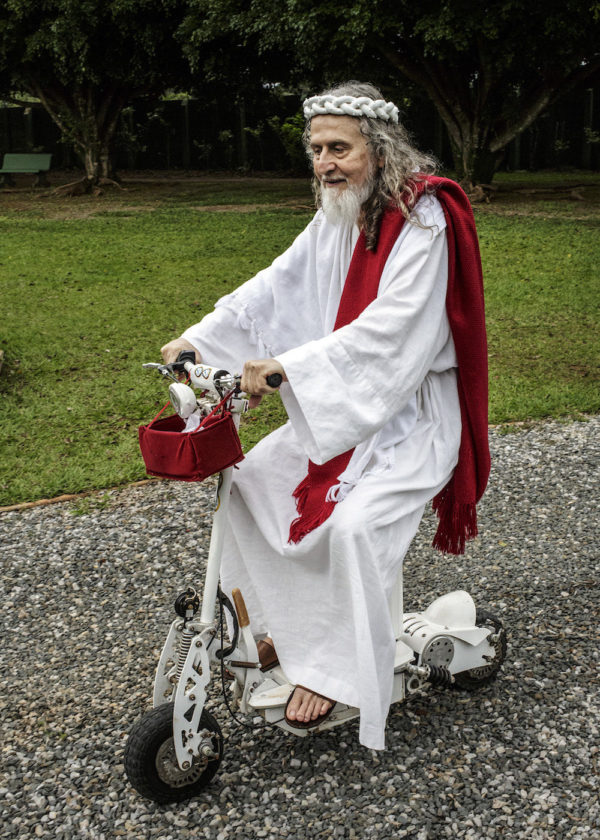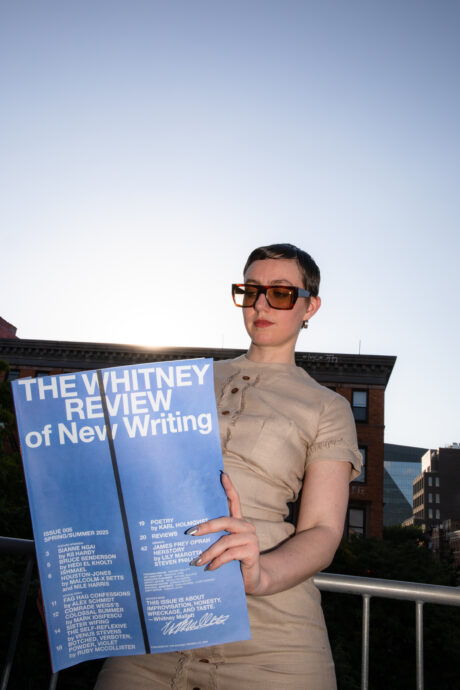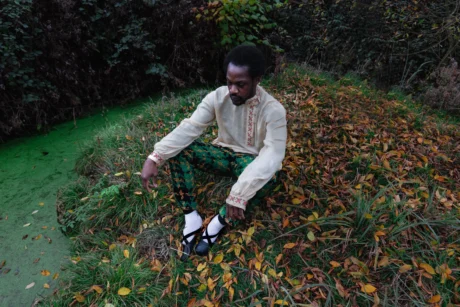
Can you tell me a bit about The Last Testament?
I’ve always been fascinated by faith, not having grown up with it myself. One needs only to open a newspaper on any given day to see the enormous power and influence of faith in society. For many years I’ve wanted to explore faith with my photography. But it’s been a mystery to me, always having been driven and motivated by things I can touch and feel, by rationality, science. So when I got the chance to go visit Jesus himself, get to ask questions, get some answers to the big questions–well that was irresistible. The men all have their own theology and produce their own scriptures–in many cases, those scriptures are called The Last Testament, the Final Testament or similar. These works are meant to be exactly that: the third and final chapter of the biblical saga. So naturally, the book that collected these had to be called that too.
While I don’t want to pick out any favorites, for sure I could feel the charisma and power of some of these men.
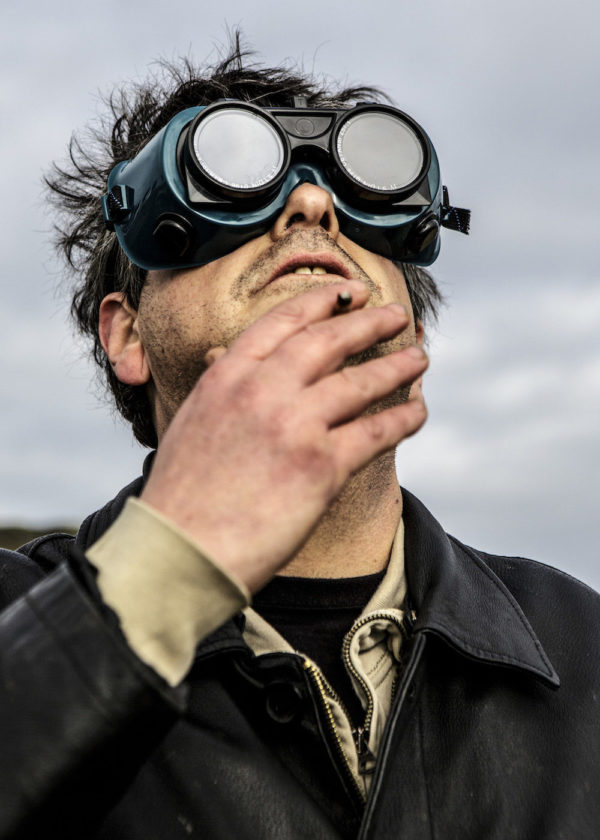
How did you find your seven subjects and what were the requirements? Although all claim to be the Messiah they have very different followings and outlooks.
I found them the same way one finds anything these days–with Google. Some are easy to find, have websites and YouTube channels. Others required deeper searching through local newspaper sites in provincial towns in Africa, as an example. One can, of course, find people who think they are Jesus in many institutions, everywhere. It is a common syndrome. But when I searched I set some criteria to try to filter out the basic psychosis. The people I wanted to meet had to already be in the public sphere with their revelations, they had to have had a consistent revelation over a long period of time (in most cases, the people I photographed had lived by their revelation for several decades), they had to have a developed and complex theology and to communicate those through their won scripture. Most have a following of disciples too. Also, while there are thousands of prophets and gurus out there, they had to claim to be the biblical Messiah himself, the fulfillment of the prophecy of Christ’s return.
So there are some similarities between them, also in the sense that these are all men with a very specific and elevated idea of their own role in the universe. They see themselves as playing the key role in the endgame of the human narrative. But as you can see this manifests itself in a great variety of forms and cultures, and also aesthetics.
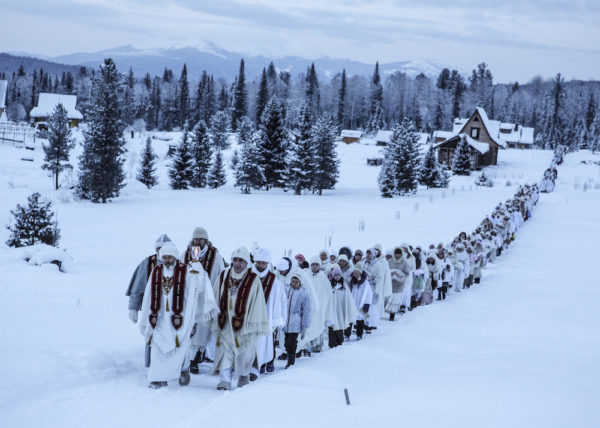
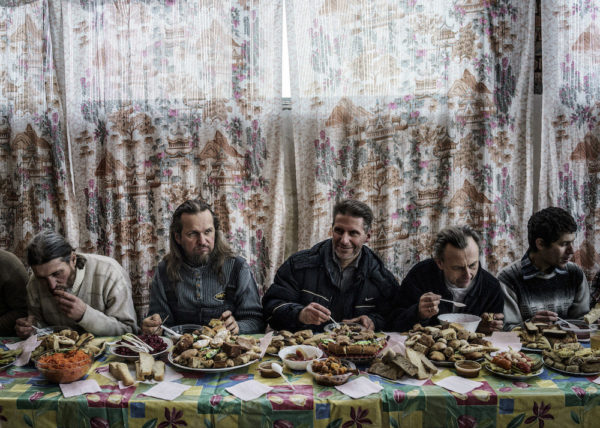
How did you work with each subject? Was there a set time you felt you needed to spend with someone? And how do you begin to interact with one another?
My method was essentially the same each time. I didn’t go as a standard critical journalist. When I was with one of them, I sought to take everything they told me and showed me as the whole and complete truth, at face value. My mission was to record that, and rather try to see what the world then looked like from that perspective. The whole project is a thought experiment. What if this is the truth, what then? Is there, in essence, anything that makes any of these Messiahs less plausible than any of the other things people believe? Mainstream Christianity includes a wide range of extraordinary claims. Resurrection, God stopping natural laws at will, miracles, healing, our ability to talk to God through prayer, God oftentimes speaking back to us, revelations etc. Is it so different to believe that the Messiah has returned, compared to believing with all your heart that he will? Where exactly lies the point on the line between faith and delusion? Who has the power of definition here? I didn’t have a set amount of time allotted for each. In some cases I returned for multiple visits over time, some were one-offs. It depended on the person. I basically worked on the premise that I’d stay as long as it felt natural until our interactions came to a natural conclusion. Maybe it was when the Messiah felt he had communicated everything he wanted and I felt that I had gotten as close as I could.
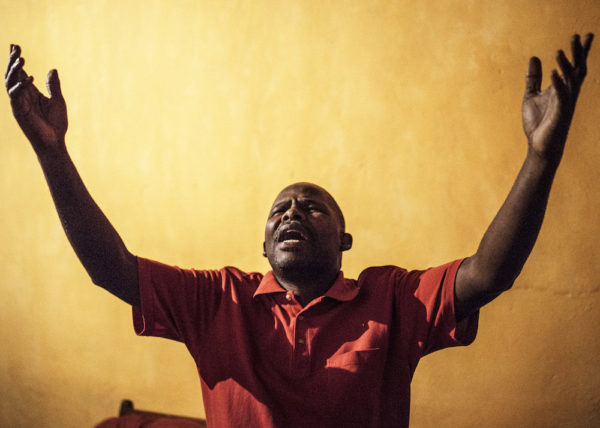
“Is it so different to believe that the Messiah has returned, compared to believing with all your heart that he will?”
You’ve said that you want to look at the mechanics of religion itself. What did you discover while working on this project?
I guess, while my own composition hasn’t changed, I’m still the skeptic who finds it hard to throw myself into faith on willpower alone–I feel that I’ve at least tasted what that faith feels like. And indeed it is a magical world. Before I started I always had this firm idea that almost no matter what the situation or story was, one of the most important questions to figure out was if something was true or not. Is Vissarion really the Messiah? Are the claims true? But now, seeing the meaning and in many cases, the beauty many of the disciples gain from this, I have to say I am humbled before the question of truth. Maybe it really doesn’t matter so much. Is it really critical to know if he is the Messiah? They’ve created a unique way of life around him, and lives filled with cosmic meaning. Maybe that’s ok on its own.
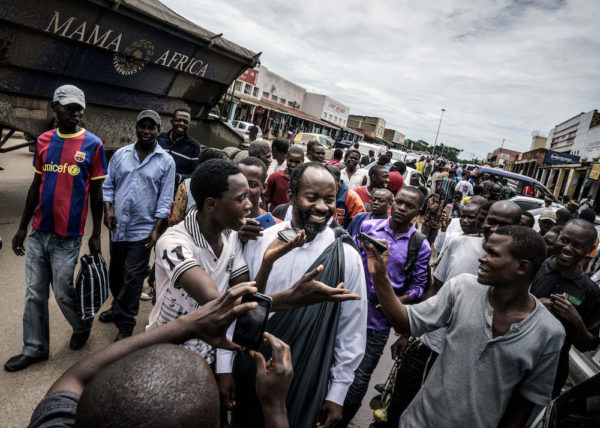
Did you feel magnetized by any of the subjects? Can you see why they have gained the following they have in some cases?
Most definitely. While I don’t want to pick out any favorites, for sure I could feel the charisma and power of some of these men. I understand that people are attracted to them. In the end, though, I think it’s more or less the same reasons people believe these characters as why people believe other faiths.
“The Last Testament” by Jonas Bendiksen is published by Aperture / GOST.
